
Did You Know This?
Most people don’t realize that warm compresses—the go-to trick for tired, dry, or gunky eyes—aren’t always as gentle as they seem. I mean, it’s tempting, right? End of a long day, maybe your eyelids feel gritty or your eyes just ache (thanks, screens). So you grab that steaming washcloth, flop onto the couch, and let the warmth wash over you… But hey, have you ever wondered if that cozy ritual could secretly backfire?
Let’s talk about the real side effects of warm compress on eyes—yeah, both the stuff everyone raves about and the little warnings nobody drops at girls’ night or the gym. I’ve been there, loving the quick comfort, but there were times my “simple remedy” made things, well, worse. Let’s dig into that, together. Spoiler: we’ll chat about when warm is wonderful, when it’s not, and how to avoid rookie mistakes.
Why We Love That Warmth
Can we just agree… there’s something magical about heat on tired eyes? Doctors recommend it for benefits of warm compress on eyes all the time—a classic for dry eye, styes, even random swelling. The science here is solid: warmth boosts blood flow, loosens up gunky oil in your eyelid glands (hello, blocked glands), and that gentle pressure? Ahh, instant relaxation. But the comfort is only part of the story. Here’s where things get real.
What Really Happens When You Warm It Up?
The warmth feels soothing because it dilates little blood vessels in your eyelids and helps your body clear out stuck oils and debris. If you’ve ever noticed that your greasy or “heavy-lidded” eyes felt fresher after a compress, that’s not just you imagining things. I remember my sister, who swears by a warm compress whenever her contacts act up. She says it’s like a mini spa—she’s not wrong.
But… (you knew a but was coming) warmth can also stir up trouble, especially if you don’t know what’s really going on with your eyes.
So, When Is Warm Too Warm?
Here’s the plot twist: while a little heat can tame cranky eyelids, too much heat—or heat in the wrong situation—can seriously backfire.
How Inflammation Can Go Off the Rails
Let’s say you have blepharitis—itchy, red, crusty eyelids. Guess what? Heat can turn a smolder into a wildfire. When you use a warm compress, those blood vessels open wide, sending in a rush of inflammatory cells… that means more redness, swelling, and pain according to eye health experts. It’s like inviting all your friends to a small party, only now it’s so crowded no one’s comfortable anymore.
What Happens If You Overdo It?
Oh, the horror stories I’ve heard (and, okay, lived). One time after a week of marathon work sprints, my eyes felt like the Sahara. I tried a super hot compress. Not only did it make my lids puffy, but everything looked a little… wobbly for a day.
Turns out, studies show that sticking a compress hotter than 45°C (about 113°F) on your lids, especially for more than 8–10 minutes, raises your cornea’s temperature more than you’d think. Keep upping the heat and you risk burns—or, get this, your eye shape can even be temporarily altered. There’s real-world data here: Researchers found that with compresses at 45°C, corneal temps peaked after 8 minutes… push past that, and things get risky fast (findings in research on corneal health).
A Real-Life Oops
Want proof you’re not alone? My neighbor Tom (he’s 65, still drives a Harley) zapped his compress in the microwave, tossed it on his eyes, and—bam—red lids and stinging for hours. The lesson? Warm isn’t always safe, and definitely not “the hotter the better.”
Risks You Might Not Expect
Let’s get specific! The main side effects of warm compress on eyes can include:
- Worsening redness and swelling (especially with pre-existing inflammation like blepharitis)
- Mild burns or skin irritation (especially with microwaved cloths or heated eye masks)
- Temporary blurry vision or even subtle vision changes (from heat and pressure on the cornea)
- Allergic reactions if you add scented oils or botanicals to your compress—lavender, chamomile, you name it
- Uncomfortable moistness if your compress is too wet, raising risk of infection or worsening lash line bacteria
A quick comparison for all my fellow chart lovers:
| Temperature | Risk | What to Do |
|---|---|---|
| Under 40°C (104°F) | Minimal | Great for daily eye care if used briefly |
| 40–45°C (104–113°F) | Mild skin redness with overuse | Stick to max 10 minutes per session |
| Above 45°C (113°F) | Burns, long-term irritation, vision distortion | Avoid—test temperature before applying |
When Heat Isn’t the Hero
Ever try a warm compress on your eyelids, and they just seemed to puff up more? Happens… more often than you’d think. In certain eye problems, heat might do more harm than good. For example, those prone to eye inflammation or even people with certain kinds of glaucoma might actually get worse swelling or pain according to advice from Healthline’s review on heated eye masks. Plus, if you’ve got unknown allergies to essential oils, those scented compresses can itch or burn. Yikes!
Know When to Go Cool
Try cool compresses if your eyes are puffy from allergies, crying, or just plain irritated from heat. Cool constricts blood vessels, bringing down swelling fast. Warm compresses are super for warm compress for blocked eye glands, but for red, hot eyelids? Cold is your friend (“a little ice, not spice,” as my grandma would put it).
True Story Break
I once came home from a big hike— pollen everywhere, eyes streaming. I reached for my trusty washcloth, heated it, and… it made everything worse. My doctor later told me “Next time?” Go for a chilled gel mask instead. Sometimes the old ways (hello, cold potato slices) have wisdom. But again—don’t just guess.
How to Stay on the Safe Side
So, how do you get all the benefits of warm compress on eyes without the epic fails? Here’s what consistently works:
- Keep temperatures below 45°C (113°F). No guessing—if it feels hot on your wrist, it’s too hot for eyes.
- Use actual eye masks designed for the job—they hold temps better than soggy towels, and some self-regulate heat levels.
- Set a timer. 8–10 minutes is your sweet spot. More = just more risk, not more benefit.
- Never massage harshly while using heat—pushing too hard together with warmth can temporarily distort your cornea (yes, it’s real).
- Avoid oils or fancy herbal add-ons unless you KNOW you’re not allergic. Plain water is safe and effective.
When Should You Call Your Eye Doc?
Persistent pain? Blurry vision that doesn’t clear up? Or redness/crusting that gets worse after starting your compresses? Pause, drop the towel, and call your optometrist. You might need a different approach—especially if you’re treating warm compress for blocked eye glands but nothing’s improving. This stuff isn’t one-size-fits-all, and a specialist can spot subtle signs you might miss.
Mixing It Up: Warm vs. Cool
Let’s settle this quick. When to use which compress? Here’s a cheat sheet:
| Symptom | Best Compress | Why |
|---|---|---|
| Dry, heavy eyelids | Warm | Unlocks sticky oils, clears blocked glands |
| Puffy/swollen lids | Cool | Reduces swelling by constricting vessels |
| Red, inflamed eyelid | Cool | Soothes and slows down inflammation |
| Styes | Warm | Brings natural pus to surface, encourages drainage |
Personal Note (Again!)
My own “aha” moment? I stopped blindly using warm compresses every night and started matching the method to my symptom—guess what, my eyelids thanked me by NOT flaring up every other week. Symptom-based is the way.
Final Thoughts: Is Warm Compress Worth the Risk?
Okay, here’s the deal—warm compresses are awesome when used right, and, honestly, they’ve saved me (and probably you) from many a miserable, scratchy-eyed day. But they aren’t magic for everyone, every time. The side effects of warm compress on eyes? They’re real, especially with too much heat, too often, or the wrong underlying problem. Don’t let that scare you away from using this easy, home-ready fix… just use it smart! Test temperatures, keep sessions short, and listen to your body.
If things ever feel off, uncomfortable, or your “tried-and-true” compress suddenly isn’t helping… swap to cool, or ask your eye doctor what’s really up. Maybe it’s not a simple blocked gland. Maybe it’s something a genuine pro needs to see.
Go on—treat your eyes like they deserve. Just not with a boiling-hot washcloth or a mystery bag of herbs from who-knows-where. The simple stuff really does work… if you use it wisely. Got your own eye adventure—disaster or triumph—with warm compresses? Drop it in the comments. Someone out there (including me!) has definitely been through the same thing.
Let’s keep those peepers happy, healthy, and ready for whatever the next day brings. Go heat that cloth (safely) or chill that gel mask—you’ve got this.

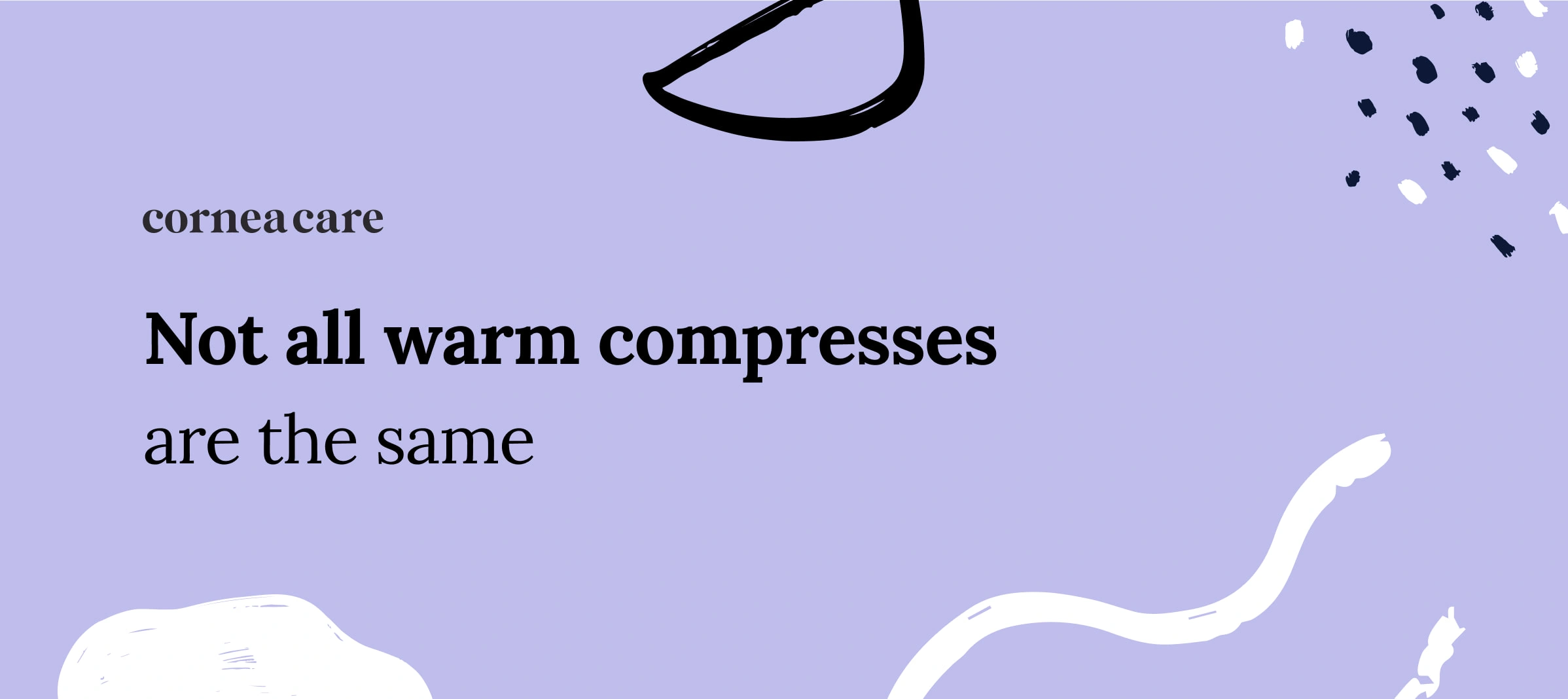

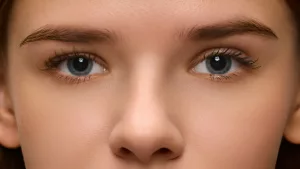
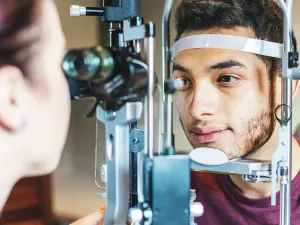













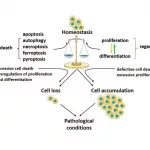

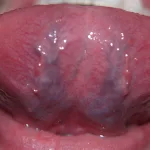



Leave a Reply
You must be logged in to post a comment.